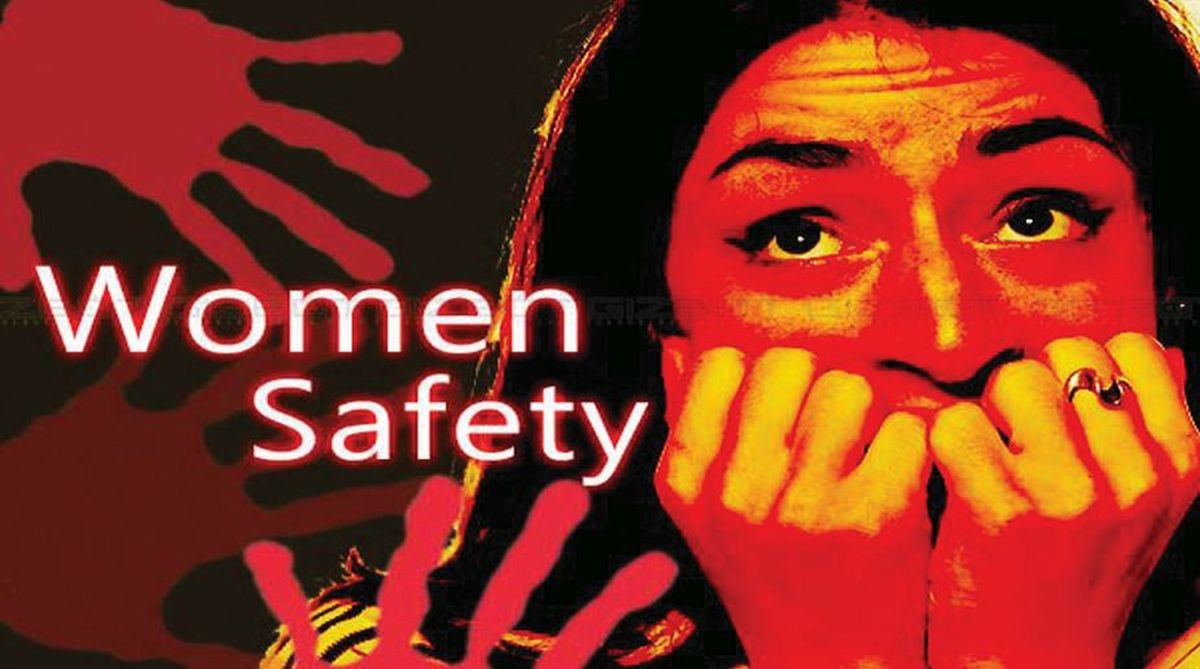Empowering women and safeguarding their rights should be the prime focus of any government. No society can progress without protecting the rights of its women, and this is a well-known universal fact. But unfortunately, women are still vulnerable to various domestic issues, from violence to denial of fundamental rights, physical and mental torture, household disputes, monetary aspects, and so many other problems. In every country, various organisations work in tandem to look into all these aspects at different levels. In India, various measures, such as the National Women Commission, State Women Commissions, Women Police Stations, “One Stop Centers,” and “Mahila Shakti Kendras” have been implemented to prevent any injustice to women. The purpose of all these government organisations is common: to protect the rights of women and provide them with justice immediately. Jammu and Kashmir also had the same setup as the rest of India: a proper State Women Commission with a chairman and members resolving minor as well as major problems brought to their notice. The arrangement was quite helpful, as active intervention by the Commission resulted in the early resolution of all disputes, with almost five thousand cases resolved in a year. But after the abrogation of Article 370 and the formation of two UTs, Jammu and Kashmir’s State Women Commission, along with six other commissions, was disbanded. In the absence of SWC, numerous practical difficulties are being faced by aggrieved women. The NCW does have a separate cell for Jammu and Kashmir and Ladakh, but the cell is being operated from the head office, and it is virtually impossible for rural ladies to file online complaints. Moreover, these complaints are passed on to respective SSPs to investigate and sort things out, causing much delay and botheration in following up with multiple agencies. Victims are reluctant to approach Women’s Police Stations for various reasons, the prime being inordinate delays. The public is unfamiliar with the other two options, “One Stop Centres” and “Mahila Shakti Kendras,” and they lack judicial powers to resolve the issues, causing further delays. The comfort level of the victims is quite high with the SWC, and because of all these things, the UT administration again ordered the formation of the J&K Commission for Women on February 8, 2022. More than a year has passed, but the reconstitution of the Commission for Women is still pending. The Social Welfare Department is supposed to recommend the names of the chairman and members, but the notification is still awaited. The commission’s absence for the last four years has been a huge blow to the cause of women’s empowerment and rights protection. Victims must now run from pillar to post to obtain the justice that has eluded them for years.
It is incomprehensible why there has been a four-year delay in all of this when all of the infrastructure is present, and in the absence of the chairman and members, this is a waste of resources and manpower. The presence of numerous parallel organisations serves no purpose, as explained by various victims themselves the drawbacks of the various other organisations as such issues not getting resolved in a time-bound manner. This is a very serious issue that requires immediate attention. In the absence of the J&K Commission for Women, unresolved disputes are causing many social disturbances due to the cascading effects. The administration must provide a platform for the timely redressal of complaints, and the Women’s Commission in this regard has an excellent record. The Commission receives complaints from harassed women and works hard to resolve their issues through systematic counselling of both parties. Apart from this, the Commission tries to create legal awareness among women by organising Camp Courts, seminars, and workshops on various women’s issues. All these activities are missing, causing a big void for the victims. The problem should be resolved as soon as possible.
Trending Now
E-Paper


